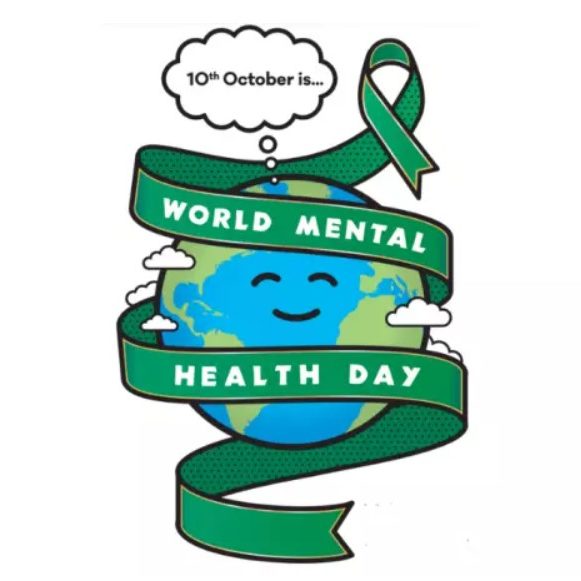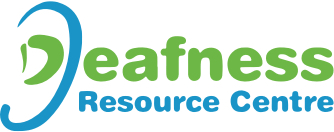
10th October is World Mental Health Day, and can play a significant role in supporting the D/deaf community by raising awareness, promoting understanding, and providing resources to address the unique mental health challenges they may face.
Being Hard of Hearing or Deaf can, for some, increase isolation and have a detrimental effect on a deaf person’s mental health. Communication barriers can at times lead to frustration and feelings of exclusion, making it difficult to form connections. Limited access to information and social exclusion due to inaccessible communication can foster loneliness, depression, and anxiety. Additionally, D/deaf individuals may experience stigma and discrimination in various areas of life, impacting self-esteem and overall mental well-being. Limited professional opportunities can further compound these challenges, exacerbating feelings of isolation and stress – It’s essential to note that being Deaf or Hard of Hearing varies greatly among Deaf community members, and many lead fulfilling and healthy lives without considering their deafness as a barrier.
Here are some ways in which World Mental Health Day can support the D/deaf community:
- Awareness and Education: World Mental Health Day can be used as an opportunity to educate the general public about the mental health issues that deaf individuals may encounter. This can help reduce stigma and discrimination while fostering empathy and understanding.
- Accessible Information: Ensure that mental health resources and information are available in various formats accessible to the D/deaf community. This includes sign language videos, captioned materials, and written information in multiple languages.
- Promote Inclusivity: Encourage mental health organisations and service providers to offer inclusive and accessible services. This might involve training mental health professionals in sign language or using communication aids to ensure effective interaction with deaf individuals.
- Community Support: Facilitate the creation of support groups and safe spaces where D/deaf individuals can discuss their mental health concerns with peers who understand their unique experiences.
- Accessible Hotlines and Crisis Services: Ensure that crisis hotlines and mental health support services have TTY (Text Telephone) or video relay services available for D/deaf individuals. These services can provide immediate help during a mental health crisis.
- Collaboration with D/deaf Organisations: Collaborate with D/deaf organisations and advocacy groups to better understand the specific mental health needs of the D/deaf community and to tailor mental health programmes accordingly.
- Promote Self-Care: Educate the D/deaf community about self-care strategies and coping mechanisms for dealing with mental health challenges. This can include stress reduction techniques, mindfulness practices, and exercises for emotional well-being.
- Addressing Isolation: Recognise the increased risk of social isolation that deaf individuals may experience due to communication barriers. Encourage initiatives that combat isolation, such as inclusive recreational activities or online communities.
- Mental Health Screenings: Encourage regular mental health check-ups and screenings within the deaf community to identify and address mental health issues early on.
- Advocacy and Policy Change: Use World Mental Health Day as a platform to advocate for policies and regulations that support the mental health needs of the deaf community, such as improved access to mental health services and insurance coverage.
- Collaborative Events: Organise events, workshops, and webinars that bring together mental health professionals, deaf individuals, and their families to discuss mental health topics and share experiences.
- Media Representation: Promote positive and accurate portrayals of deaf individuals in the media, showcasing their resilience, strengths, and successful coping strategies related to mental health.
World Mental Health Day can play a vital role in supporting the mental health of the D/deaf community by raising awareness, promoting inclusivity, and advocating for accessible and culturally sensitive mental health services. Collaboration between mental health organisations, deaf advocacy groups, and the wider community is essential to create a more supportive and inclusive environment for deaf individuals facing mental health challenges.
If you are struggling please know Deafness Resource Centre are here to help you, please get in touch if you have any questions: 01744 23887

